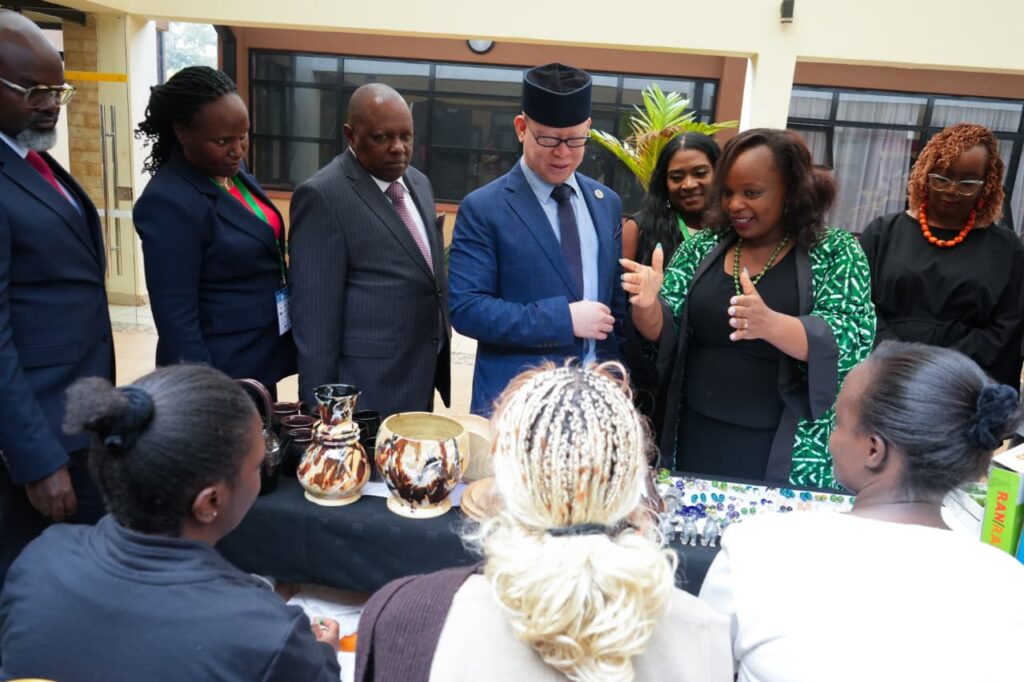Parents, teachers, and campaigners are increasingly calling for early detection, awareness, and access to assistive tools as the most effective way of supporting children living with dyslexia. Their voices rang loud during the Dyslexia Rising Africa Conference (DRAC25), recently held at the Kenya Institute of Special Education the first pan-African forum of its kind in Kenya.
For parents like Lilian Weru, the journey has been far from easy. Her son, Jimcy Wachira, has lived through stigma and rejection since birth. “The assessor had suggested that we just push my son along in school life, asserting that nothing could be done to help his condition,” Lilian recalls. At one point, even his principal wanted to retain him in a preliminary class, doubting his ability to progress.
But Lilian’s resilience changed her son’s trajectory. At age 11, she discovered the Bloom Dyslexia Centre, where CEO Esther Wamai offered Wachira a fresh start. Reassessed and placed appropriately in grade one, his learning blossomed. Today, at 15, Wachira not only thrives academically but also plays the violin an achievement his mother proudly celebrates.
Wachira’s story mirrors that of Peter King’ori and his daughter Daysha Wanjira, once dismissed as a child who “could not amount to anything.” Daysha found hope and opportunity at the Kenya Community Centre for Learning, where she gained confidence and pursued responsibilities once deemed beyond her reach.
The conference highlighted that these cases are not isolated. They represent a broader call to dismantle stigma and push for inclusive educational systems. Advocates stressed that neurodiversity must be recognized as a human right and integrated into Kenya’s development agenda.
With stakeholders rallying together, a shift is taking root: one that emphasizes timely intervention, specialized centres, and the empowerment of learners. For children like Wachira and Wanjira, it proves that with the right support, dyslexia does not define limits it unlocks potential.

